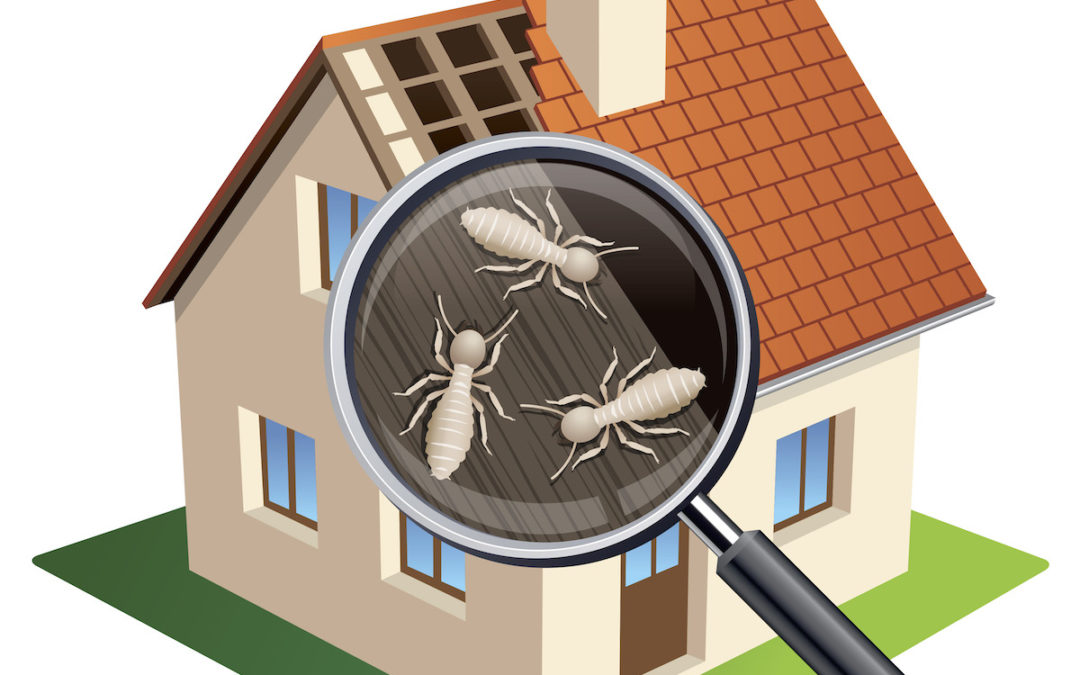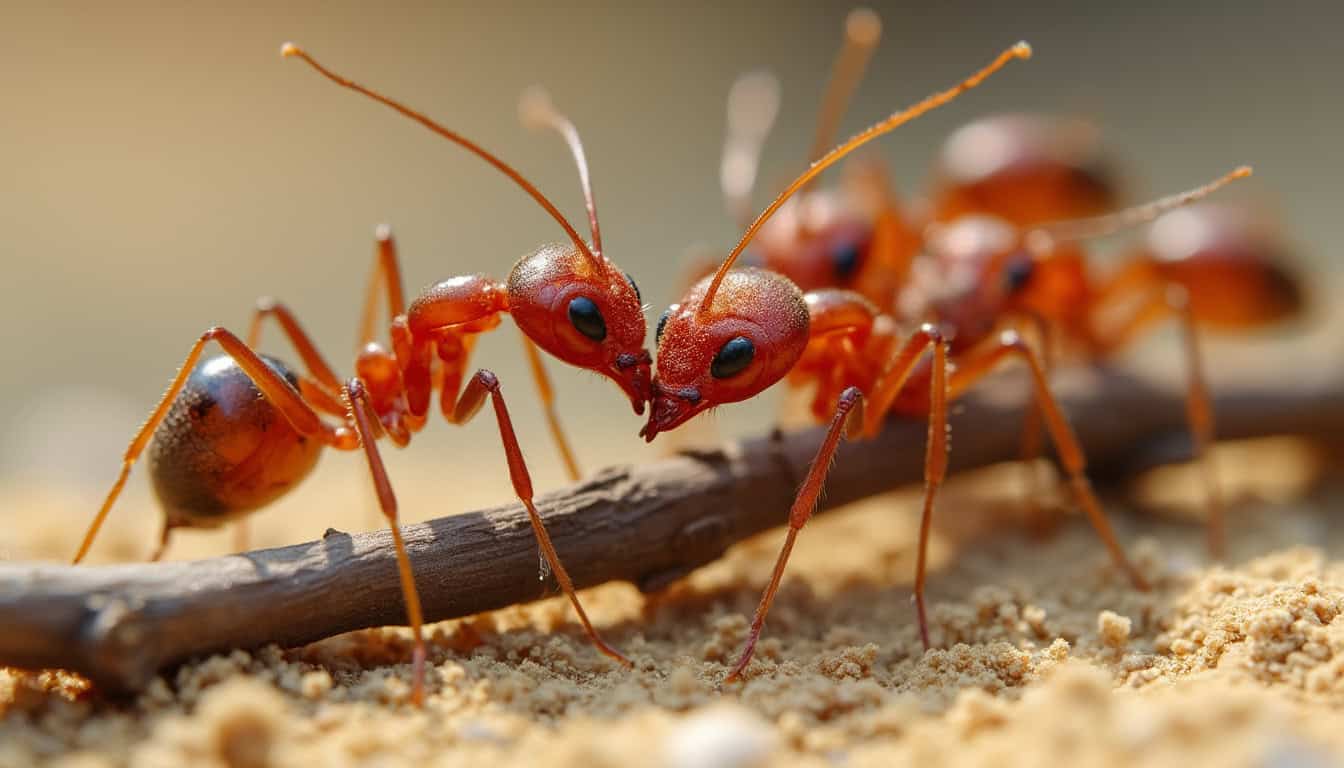Environmental Effect of Bug Control: Harmonizing Performance With Sustainability
The environmental impact of bug control is a critical concern that requires a fragile balance between accomplishing efficiency in taking care of pests and making certain sustainability of our environments. From the use of dangerous chemicals that seep into our dirt and water to the unintentional effects on non-target varieties, the effects of standard parasite control practices are far-ranging.
Hazardous Chemicals in Bug Control
The utilization of damaging chemicals in parasite control postures significant environmental and health threats that warrant mindful consideration and mitigation strategies. Pesticides, herbicides, and chemicals are typically used to eliminate bugs, but their extensive application can cause unintended repercussions. These chemicals can contaminate soil, water resources, and the air, affecting not just the targeted pests yet additionally advantageous insects, wild animals, and people.

To resolve these dangers, incorporated bug management (IPM) techniques are being advertised as a much more lasting option. IPM involves a mix of methods such as organic control, environment adjustment, and the targeted use of chemicals as a last hope (ant control albemarle nc). By embracing an all natural strategy to pest control, we can lessen the environmental and wellness influences related to dangerous chemicals while efficiently handling pest populations
Effect On Non-Target Variety
Considering the unexpected repercussions of insect control methods, the effect on non-target varieties is an important facet that needs thorough evaluation. While parasite control measures intend to target particular parasites, other organisms in the ecological community may be unintentionally affected. Non-target types, consisting of useful bugs, birds, creatures, and even plants, can experience direct or indirect damage from pesticide applications or organic control methods.
Insecticides created to combat a certain bug parasite might damage pollinators like or all-natural predators such as ladybugs. Organic control representatives, if not species-specific, can position threats to unexpected targets, interfering with the environmental balance.
To reduce the effect on non-target types, integrated parasite management (IPM) methods that highlight a holistic technique to pest control are recommended. These techniques prioritize using eco-friendly techniques, decreasing injury to useful organisms while successfully handling pest populaces. Carrying out extensive threat analyses and keeping track of the outcomes of parasite control efforts are essential steps in protecting non-target species and advertising total community health and wellness.
Soil and Water Contamination
Unplanned ecological effects of parasite control approaches prolong past affecting non-target types, with considerable implications for soil and water contamination. Chemicals, herbicides, and chemical fertilizers utilized in parasite control can seep right into the soil and infect groundwater, posing a risk to both water and terrestrial communities. Dirt contamination can interfere with the balance of microbes necessary for nutrition cycling and plant development, resulting in reduced dirt fertility and efficiency. These chemicals can persist in the setting for extended periods, building up in the dirt and potentially going into the food chain.
Water contamination is an additional crucial problem connected with pest control methods. Runoff from farming fields treated with pesticides can bring these chemicals into close-by water bodies, influencing marine microorganisms and water top quality. Impurities in water sources can have far-ranging repercussions, influencing not only aquatic life but additionally human wellness via the intake of polluted water or marine microorganisms. To minimize soil and water contamination from bug control tasks, integrated parasite administration strategies that focus on sustainability and reduce chemical inputs are important.
Air Pollution From Pesticide Use
Exposure to airborne pesticides during farming applications positions a significant concern for air pollution control procedures. They can volatilize right into the air and kind volatile natural substances (VOCs) and various other airborne pollutants when pesticides are sprayed onto plants - ant control services. These chemicals can contribute to the development of ground-level ozone, a significant part of smog that can have destructive results on human wellness, crop performance, and total air top quality. In addition, chemical drift, where chemicals are lugged by the wind to unplanned locations, can result in the contamination of close-by ecosystems and water bodies.

Techniques for Sustainable Insect Control
In the world of farming practices, applying lasting pest control methods is extremely important for preserving eco-friendly equilibrium and securing plant yields. Sustainable pest control highlights using eco-friendly methods to manage parasite populaces properly while decreasing harm to non-target microorganisms and ecological communities. Integrated Pest Management (IPM) is a commonly taken on technique that combines organic, cultural, physical, and chemical control techniques to attain long-term insect management solutions.
One key method in lasting bug control is advertising biodiversity within agroecosystems. By boosting natural adversaries of pests, such as parasitoids and killers, farmers can reduce the requirement for synthetic pesticides. Crop turning and diversification are likewise effective strategies to interrupt pest life process and create less positive conditions for parasites to flourish. Furthermore, making use of pest-resistant plant ranges and employing techniques like trap cropping can help in reducing parasite pressure without depending greatly on chemical interventions. Inevitably, by integrating these sustainable pest control methods, farmers can achieve an equilibrium in between pest management efficiency and environmental stewardship.
Conclusion
To conclude, the ecological impact of bug control methods need to be very carefully considered to balance performance with sustainability. Harmful chemicals used in insect control can cause dirt and water contamination, air pollution, and injury non-target species - ant control services. It is critical to implement lasting bug control techniques to lessen these unfavorable effects on the environment and advertise a much healthier ecosystem for future generations
By taking on an alternative technique to pest control, we can lessen the ecological and health and wellness effects connected with harmful chemicals while effectively managing pest populaces.

To alleviate the air pollution triggered by chemical use, it is crucial to take on click here to read incorporated bug monitoring strategies that focus on the usage of non-chemical insect control techniques, such as plant rotation, all-natural predators, and immune crop varieties. Sustainable bug control emphasizes the usage of ecologically friendly approaches to take care of insect populations efficiently while lessening damage to non-target microorganisms and communities. Integrated Pest Monitoring (IPM) is a commonly adopted strategy that combines organic, cultural, physical, and chemical control methods to attain long-lasting parasite administration remedies.
Comments on “Top-Rated Termite Control Services: Make Sure Long-Term Protection for Your Residential property”